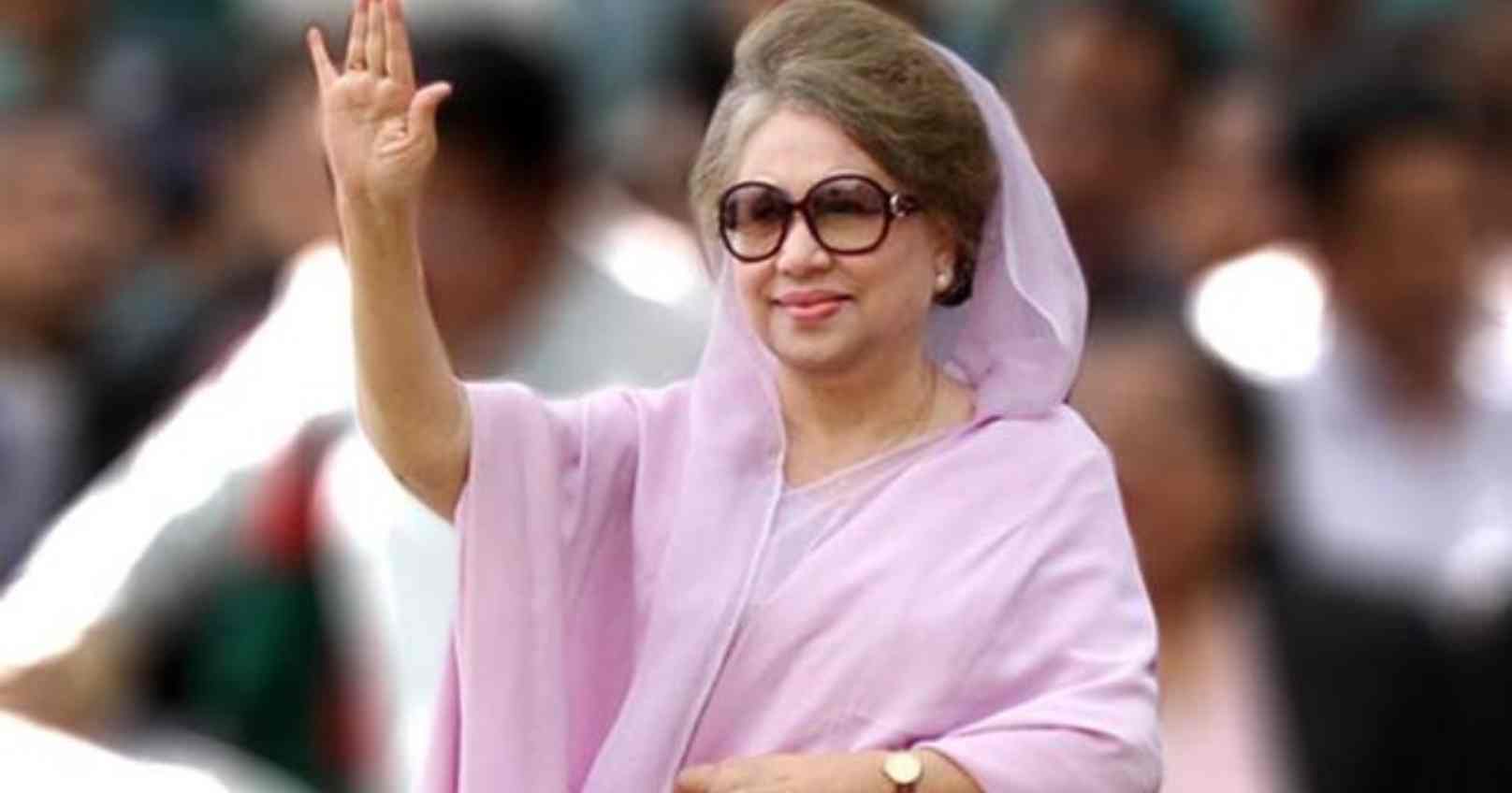Bangladesh’s High Court has overturned the convictions of former Prime Minister Khaleda Zia’s son, Tarique Rahman, and 48 others in connection with a deadly 2004 grenade attack on a political rally. The verdict, announced on Sunday, comes at a time of heightened political instability in the South Asian nation.
The grenade attack, which targeted a rally led by opposition leader Sheikh Hasina, claimed the lives of 24 people and injured around 300 others. In 2018, Rahman, now acting chairperson of Zia’s Bangladesh Nationalist Party (BNP), was sentenced to life imprisonment, while 19 others were handed death sentences. Zia’s party has long alleged that the trial and verdict were politically motivated.
Following an appeal by the defendants, a two-judge panel declared the entire 2018 trial “illegal,” leading to the acquittal of all 49 accused. Defense lawyer Shishir Monir stated, “The court found the trial and its verdict unlawful, resulting in the acquittal of all defendants.”
Political Unrest Amid Leadership Changes
This ruling comes as Bangladesh grapples with political uncertainty following the departure of longtime Prime Minister Sheikh Hasina. Hasina fled to India in August after a mass uprising left hundreds dead. The unrest paved the way for Nobel Peace laureate Muhammad Yunus to assume the role of interim leader.
Rahman, currently in self-imposed exile in London, could potentially become Bangladesh’s next leader if the BNP wins the next general election. His party has welcomed the court’s decision, while Hasina’s Awami League party has criticized the ruling, calling it a miscarriage of justice. In a social media post, the party declared, “This is not Yunus’ kangaroo court. The people of Bangladesh will hold those responsible for the attacks accountable.”
Meanwhile, Yunus' interim government is facing challenges, including mob violence, chaos, and allegations of minority group persecution, particularly targeting Hindus. Yunus has dismissed these claims as exaggerated.
Future Elections and Legal Battles
The attorney general’s office has the option to appeal the High Court’s decision in the Supreme Court. However, the timeline for Bangladesh’s next election remains uncertain. While the BNP is pressing for elections to be held soon, the Jamaat-e-Islami party, a former coalition partner of the BNP, has expressed support for Yunus’ government to implement reforms before any polls are conducted.
Additionally, Hasina now faces charges of crimes against humanity for her alleged role in the deaths during this summer’s student-led protests. Bangladesh’s interim government has sought Interpol’s assistance to arrest Hasina, though it remains unclear whether India will cooperate with an extradition request under existing treaties.
The ruling marks a significant turning point in Bangladesh’s political landscape, with major implications for the country's future leadership and stability.







